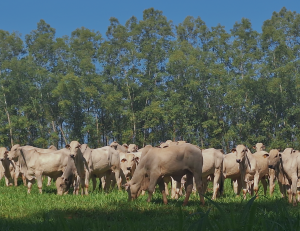Through our Integrity Program and with the support of the Ethics and Integrity Committee, all our employees receive training on our guidelines concerning ethics and integrity upon joining the Company and, on an annual basis, we also provide training on our anti-corruption, conflict of interest and money laundering prevention policies to the heads of all operations and administrative sector employees.








